Home

Women Specific Issues

Vulvar Pain: Symptoms, Causes & Treatment
In this Article
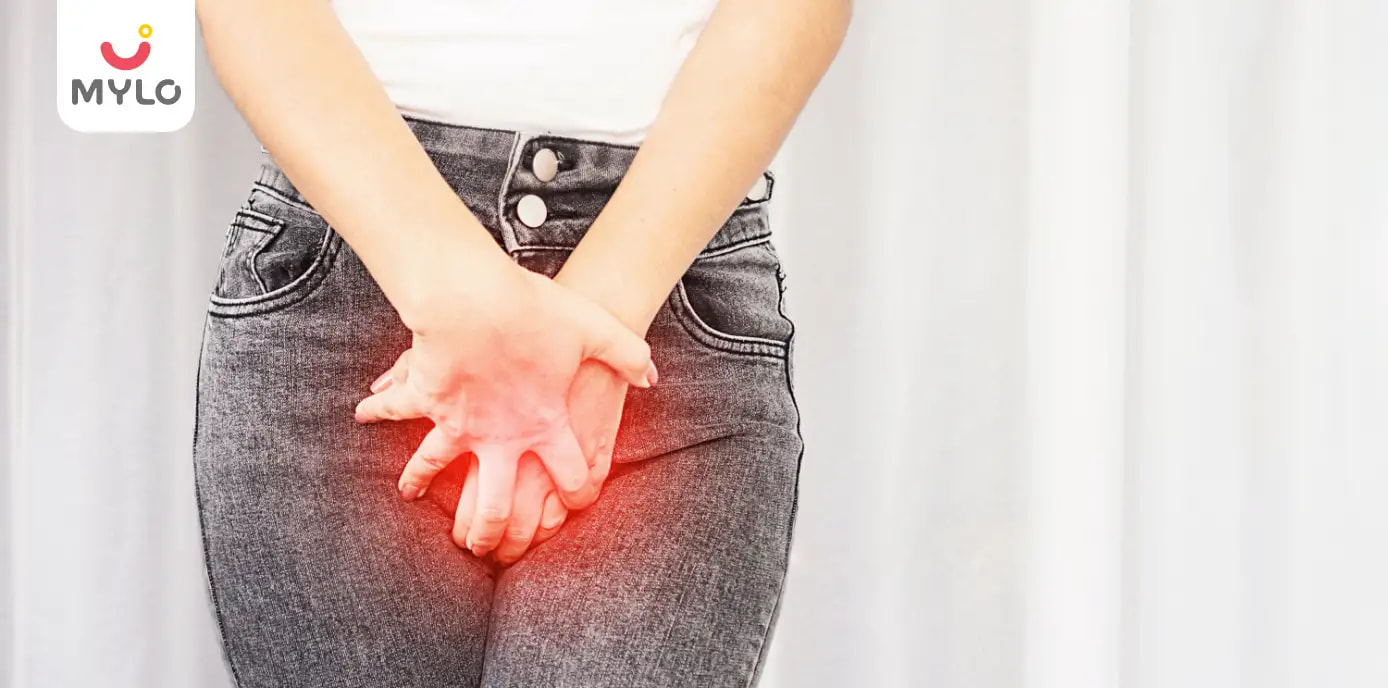
Women Specific Issues
Vulvar Pain: Symptoms, Causes & Treatment
Updated on 4 May 2023
It is common for women to suffer from vulvar pain and discomfort at some time in their lives. Vulvodynia is characterized by pain in the genital area that lasts for more than three months and has no obvious explanation. While vulvodynia can affect anyone at any time, new studies have shown that women in their twenties and thirties are at the greatest risk for developing the condition.
What Is Vulva?
The vulva constitutes a tissue surrounding the entrance of a female’s vagina. In fact, it includes the labia majora, labia minor, the vestibule as well as the clitoris. Numerous women usually experience discomfort in the vulvar region due to certain unseen or unexpected conditions. If the throbbing pain lasts for more than two months, it signifies a condition called vulvodynia.
Types Of Vulvar Pain
Vulvar pain is categorized into four types. These types are listed below for your convenience.
1. Generalized Vulvodynia
This pain can emerge quite spontaneously in the vulva region. The pain can last for months or even years if neglected. If you feel like you have been experiencing vulvar pain for more than three months now, it may be high time to get in touch with your gynecologist.
2. Localized Vulvodynia
Sometimes, you may experience pain that is mostly concentrated in a particular area of your vulva. It could be in the labia major, labia minora, or even in the clitoris. This labial pain may disappear after some time.
3. Cyclic Vulvitis
This type of vulvar pain is usually as period as your menstrual cycle. The pain might seem to worsen right before you start menstruating. However, it usually recedes as the days pass by.
4. Vestibulodynia
This type of pain usually occurs at the entrance region of your vagina or at the vestibule. The pain may seem to be unbearable and therefore the right treatment can help in relieving the pain.
Effects Of Vulvodynia On A Person's Life
Some of the major effects of vulvodynia include the following listed below.
-
You might experience throbbing pain if you sit for too long.
-
Vulvodynia can have a negative impact on your sexual relationships.
-
You might not be able to have peaceful sleep at night.
-
There are limited options of clothing you can preferably opt for.
-
Vulvodynia lasting for years may lead to anxiety as well as depression.
Symptoms Of Vulvar Pain
Some of the most common symptoms of vulvar pain experienced by women include the following:
-
Burning sensation
-
Stinging sensation
-
Throbbing pain or discomfort
-
Pressurized pain
-
Pain when inserting a tampon
-
Discomfort when sitting
One of the most important things to realize when searching for symptoms is that the tissue in the vulvar region usually looks quite normal as well as healthy in people who suffer from the issue.
Causes Of Vulvar Pain
Before you try to learn more about the causes of vulvar pain, it may be important for you to understand that this condition isn’t contagious. Besides, it is also not a serious sign of tumor or cancer. Some of the major causes are listed below for your convenience.
1. Yeast Infections
Women with recurrent cases of yeast infection are more likely to develop pain in vulva region. Thus, this is mostly because the multiple cases of infections cause an increase in the overall production of nerve fibers in the vulvar region. Therefore, this can in turn increase the intensity of vulvar pain.
2. Genetic Disorders
Sometimes, certain genetic differences in women can make cells more prone to reaction due to inflammatory conditions or hormonal imbalance. Inflammation in turn can cause increased blood flow, sometimes leading to the soreness of the vulvar region or even swelling.
3. Sexual Trauma
Numerous nerve endings in the vulvar region may experience trauma during childbirth, sexual intercourse, or even sexual abuse. Apart from that, horseback riding as well as bicycling can also cause trauma to the vulvar region.
4. Chronic Pain
Women who have been diagnosed with vulvar pain are usually more likely to develop irritable bowel syndrome as well as fibromyalgia. In fact, vulvodynia is distantly related to inflammatory conditions as well.
5. Allergies
Numerous soaps and deodorants can irritate the skin on the vulvar region causing allergic reactions. Some of the symptoms include inflammation, pain as well as irritation.
When To Seek Medical Attention For Vulvar Pain?
If the pain has lasted for more than two or even three months now, you will need to consult your doctor and talk to them openly about vulvar pain. In fact, this type of pain can have a major negative impact on your lifestyle as well as your relationships. By seeking treatment at an early stage, the main cause for vulvar pain can be determined and immediate treatment can be started right away!
How To Diagnose Vulvar Pain?
Before your doctor works on your health issue, he or she may ask for the following details.
-
If you have been suffering from recurrent vaginal infections.
-
If the pain seems to become extreme, especially during intercourse.
-
If you have been suffering from any vaginal dryness.
-
If there are any similar cases in your family.
Your doctor will then carry out a pelvic test to determine signs of infection. Apart from that, a sample of the vulvar tissue may also be collected to check for any yeast infections. A cotton swab will be also used to determine the type of vulvar pain you are experiencing.
Treatment For Vulvar Pain
If vulvar pain is caused due to an infection, your doctor may prescribe a few medications to treat it. However, if the pain is mostly caused due to a product that your skin is allergic to, you may be advised to not use the product anymore. In fact, an anti-inflammatory gel or a cream may be prescribed.
If the main cause for your pain cannot be determined, your doctor may recommend the following remedies to relieve your pain.
-
Affordable anti-inflammatory creams.
-
Tricyclic Antidepressants.
-
Massage to tighten the muscles of the vulvar region.
-
Surgery
It may be important for you to understand that surgery is only advised in rare cases where the pain may be concentrated in the vestibule region. The irritated or infected tissue will be removed to help you relieve the pain.
How To Prevent Vulvar Pain?
There are numerous ways to relieve yourself from vulvar pain, besides preventing it at the same time. Some of the things one could do are listed below.
-
Make sure to wear only good-quality cotton underwear. These have better absorbing capacity than most of the synthetic underwear out there.
-
Consider not wearing your underwear when going to sleep.
-
Do not wear tight clothes that surround your vulvar region.
-
Do not use soaps, perfumes, or even shampoos in the vulvar region. Make sure to clean the area with plain clean water or a chemical-free intimate wash.
-
Always use unscented sanitary products such as plain hygienic tampons as well as sanitary pads.
-
During intercourse, you can opt for a lubricant especially if you frequently experience vaginal dryness.
-
If you have dry skin layering in the vulvar region, you can apply Vaseline or any kind of petroleum jelly right after a bath.
-
After urinating, make sure to wash your vulva besides wiping it clean.
-
If your vulva region is sore, you can apply a block of cold ice or a gel pack.
-
If you have been experiencing vulvar pain for more than a few months now, it may be high time to consult your gynecologist.



Written by
Sanju Rathi
A Postgraduate in English Literature and a professional diploma holder in Interior Design and Display, Sanju started her career as English TGT. Always interested in writing, shetook to freelance writing to pursue her passion side by side. As a content specialist, She is actively producing and providing content in every possible niche.
Read MoreGet baby's diet chart, and growth tips

Related Articles
Related Questions
Hello frnds..still no pain...doctor said head fix nhi hua hai..bt vagina me pain hai aur back pain bhi... anyone having same issues??

Kon kon c chije aisi hai jo pregnancy mei gas acidity jalan karti hain... Koi btayega plz bcz mujhe aksar khane ke baad hi samagh aata hai ki is chij se gas acidity jalan ho gyi hai. Please share your knowledge

I am 13 week pregnancy. Anyone having Storione-xt tablet. It better to have morning or night ???

Hlo to be moms....i hv a query...in my 9.5 wk i feel body joint pain like in ankle, knee, wrist, shoulder, toes....pain intensity is high...i cnt sleep....what should i do pls help....cn i cosult my doc.

Influenza and boostrix injection kisiko laga hai kya 8 month pregnancy me and q lagta hai ye plz reply me

RECENTLY PUBLISHED ARTICLES
our most recent articles

Growth & Development
Intrauterine Growth Restriction (IUGR) in Pregnancy
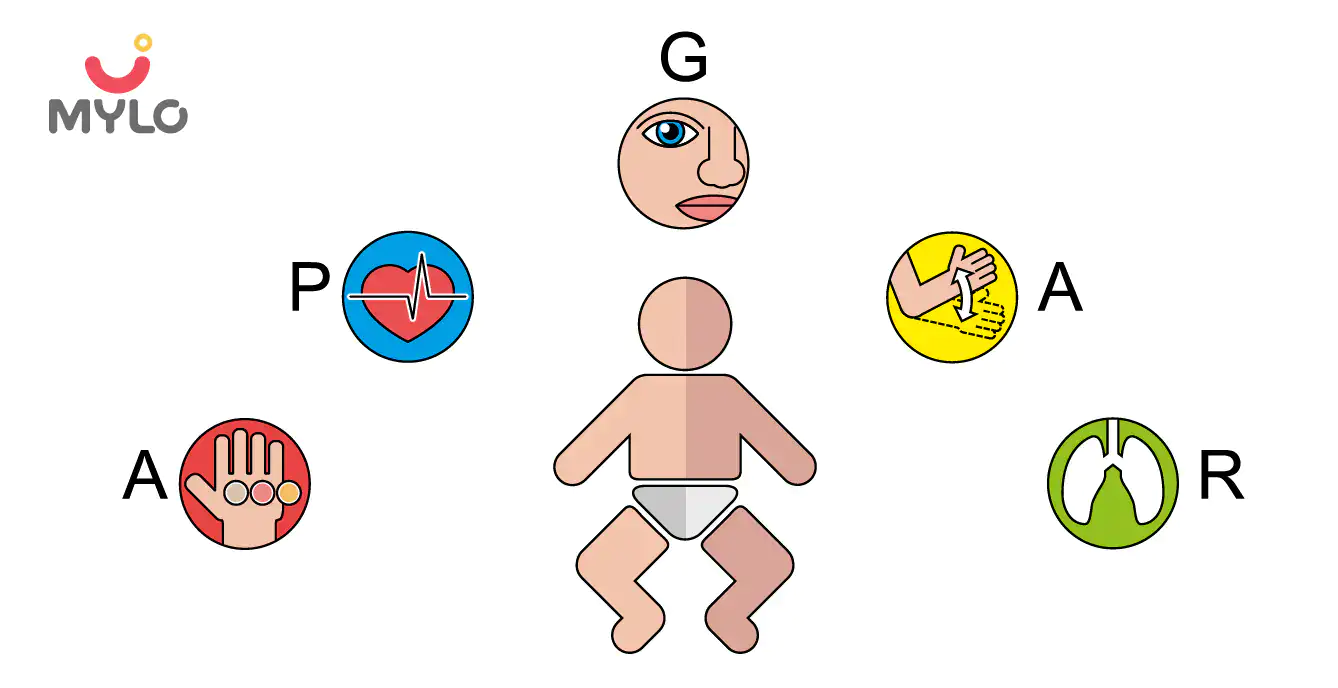
Growth & Development
APGAR Score: Meaning & How it is Performed
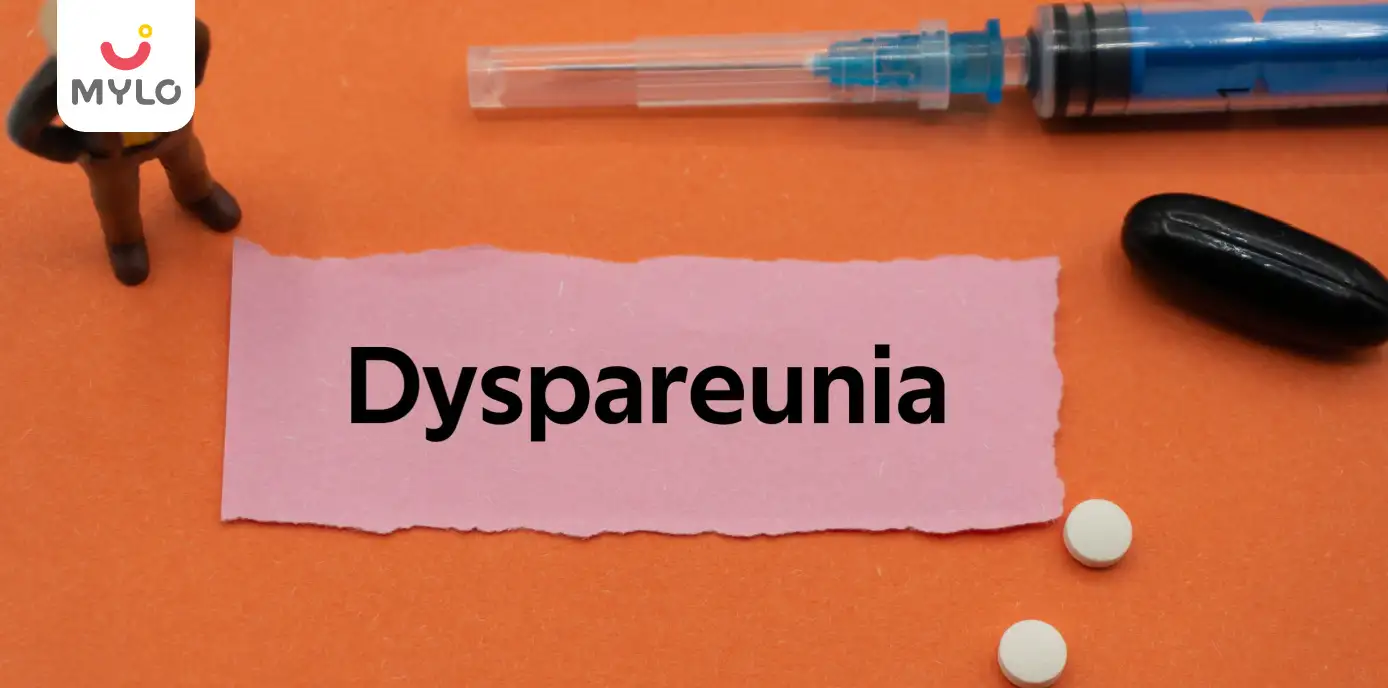
Love, Sex & Relationships
Dyspareunia (Painful Intercourse): Causes & Treatment
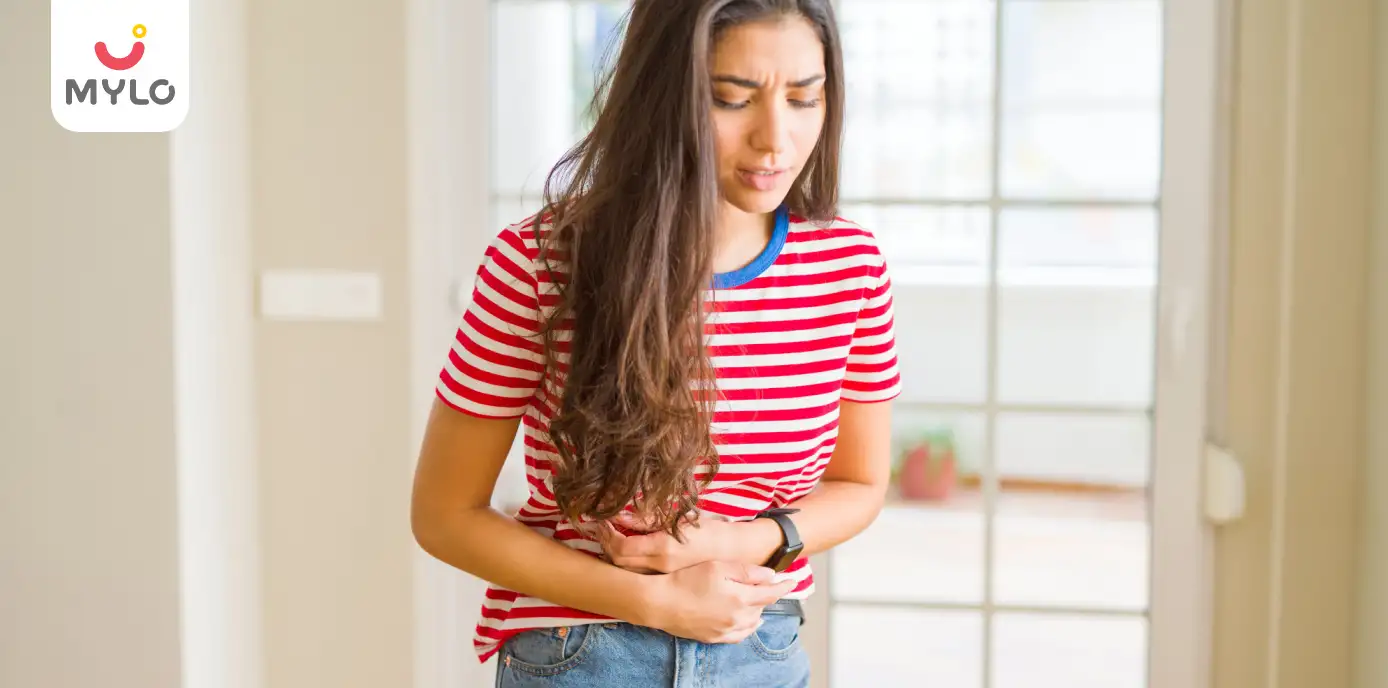
Infections in New Mom
Short Bowel Syndrome: Causes, Symptoms, and Treatment
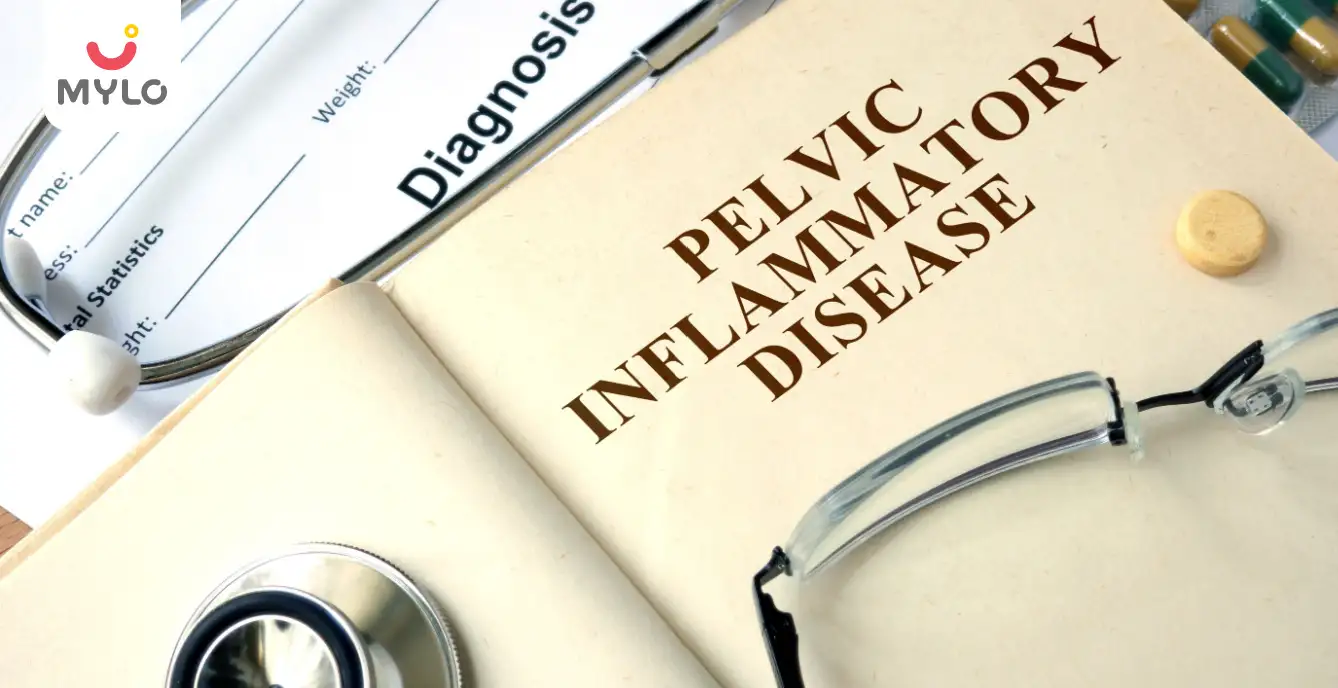
Illnesses & Infections
Pelvic Inflammatory Disease (PID): Symptoms, Causes & Treatment
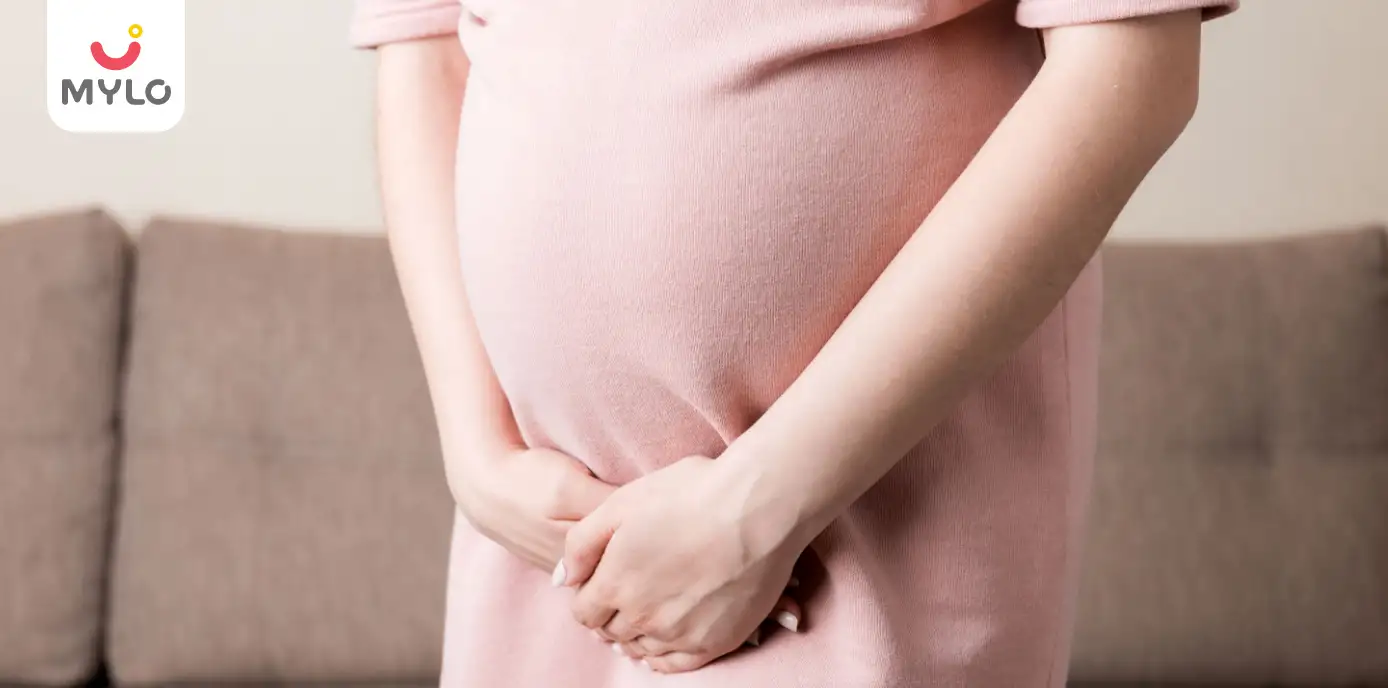
Labour & Delivery
Lightning Crotch in Pregnancy: All You Need to Know
- Vaginal Dilator: Learn its Types & How To Use It?
- Infected Umbilical Cord: Symptoms, Treatment And Prevention
- Is Hair Fall Normal in Pregnancy
- Syphilis: Symptoms, Causes, Risks & Treatment
- Congenital Heart Disease: Symptoms, Causes & Treatment
- Fetal Echo Test in Pregnancy: A Diagnostic Tool for Detecting Heart Defects in the Womb
- Bedwetting (Nocturnal Enuresis): Causes, Symptoms & Treatment
- Birthmark: Types, Causes, Risks & Treatment
- Behaviour Therapy: Benefits, Types & Techniques
- How Long Does Breast Milk Last at Room Temperature?
- Thrush: Causes, Symptoms, Treatment, and More
- Childhood Asthma: Symptoms, Causes & Treatment
- Reflux in Baby: Symptoms, Causes & Treatment
- Pre Eclampsia: Meaning, Causes & Symptoms


AWARDS AND RECOGNITION

Mylo wins Forbes D2C Disruptor award

Mylo wins The Economic Times Promising Brands 2022
AS SEEN IN
















- Mylo Care: Effective and science-backed personal care and wellness solutions for a joyful you.
- Mylo Baby: Science-backed, gentle and effective personal care & hygiene range for your little one.
- Mylo Community: Trusted and empathetic community of 10mn+ parents and experts.
Product Categories
baby carrier | baby soap | baby wipes | stretch marks cream | baby cream | baby shampoo | baby massage oil | baby hair oil | stretch marks oil | baby body wash | baby powder | baby lotion | diaper rash cream | newborn diapers | teether | baby kajal | baby diapers | cloth diapers |








